Chidi Odinkalu: Nigerian judges are normalising human rights abuses under Bola Tinubu
The unravelling of the regime of General Yakubu Gowon shortly after the end of Nigeria’s civil war in the decade of the 1970s began as a tale of two Josephs. One was Joseph Dechi Gomwalk, Gowon’s in-law and governor of his home state. The other was Joseph Sarwuan Tarka, one of Gowon’s trusted ministers. It made for a riveting political spectacle whose legacies have proved durable.
In 1974, General Gowon, who had led Nigeria through a 30-month-long civil war, was into his eighth year as military head of state. It was four years after the end of the civil war and the country comprised 12 states. Although he grew up in Zaria, Gowon was Angas, a minority ethnicity in what was then known as Benue-Plateau State, whose military governor was police commissioner Joseph Gomwalk. He was also related to Gowon by marriage.
Seven months into the year, in July 1974, Godwin Daboh-Adzuana, an activist – or so it was thought then – published an affidavit containing serious allegations of grand corruption against his kinsman and Gowon’s commissioner (minister) of transport and Communication, Joseph Tarka.
Under pressure from Gowon and the public, a reluctant Tarka was forced to resign from his ministerial perch but not before warning that his resignation would “set off a chain of reactions.” At the time, the suspicion was widespread that Godwin Daboh was an agent of the government of Benue-Plateau State.
The following month, at the end of August 1974, Tarka’s protégé, Aper Aku, published his own affidavit containing even more damning allegations, this time against the state governor, Joseph Gomwalk. Atanda Fatayi Williams, at the time a senior Justice of the Supreme Court who would later himself rise to head the country’s judiciary, reports that a troubled Gowon telephonedthe Chief Justice of Nigeria (CJN) “complaining about how the courts in the country were being used for the indiscriminate swearing of affidavits in which allegations of corruption were made against public functionaries.”
At the time, Taslim Olawale Elias, who had served Gowon as Attorney-General of the Federation for the first six years of his regime, was the CJN—in response to General Gowon’s importuning, Chief Justice Elias embarked on a series of urgent consultations first with the justices of the Supreme Court, followed by an emergency convening of the Advisory Judicial Committee (AJC), the forerunner of what is today known as the National Judicial Council (NJC). At the end of those consultations, the Chief Registrar of the Supreme Court issued a press release prohibiting courts generally from allowing any aggrieved persons to depose to affidavits.
Unlike Joseph Tarka, Joseph Gomwalk survived the allegations against him with the help of a judicial landing invented out of nothing by a CJN beholden to the head of state. The AJC lacked the powers to prohibit affidavits but the high command of the judiciary felt obliged genuflect to the head of state. The public uproar was deafening and helped to tar the regime of General Gowon with an eternal brush of corruption. One year later, his colleagues in the military replaced him with his Barewa College junior, Murtala Mohammed. As head of state, Murtala Mohammed disembarked Taslim Elias from the office of CJN.
This past week called to mind the legacies of those tumultuous embers of the Gowon years and their damaging imprint on the institutional psychology of Nigeria’s judiciary. Last August, the government orchestrated the mass arrest of young people from different parts of northern Nigeria for taking part in the #EndBadGovernance protests. They thereafter transported those young persons to Abuja where they were held for 93 days in pre-trial detention. At their arraignment at the beginning of the month on bogus charges of treason, Obiora Egwuatu, a judge of the Federal High Court in Abuja, granted them bail in the sum of N10 million Naira with two
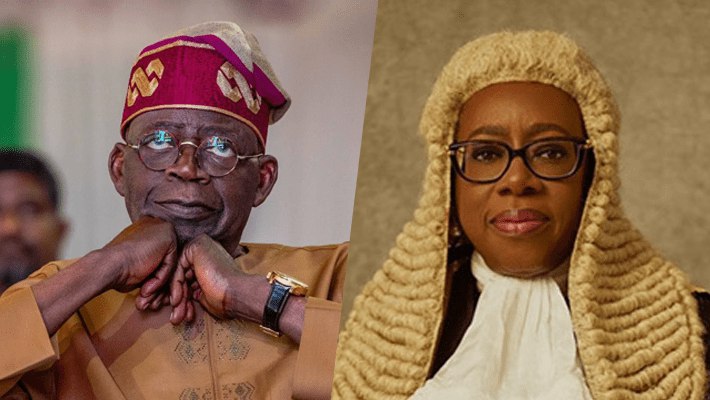
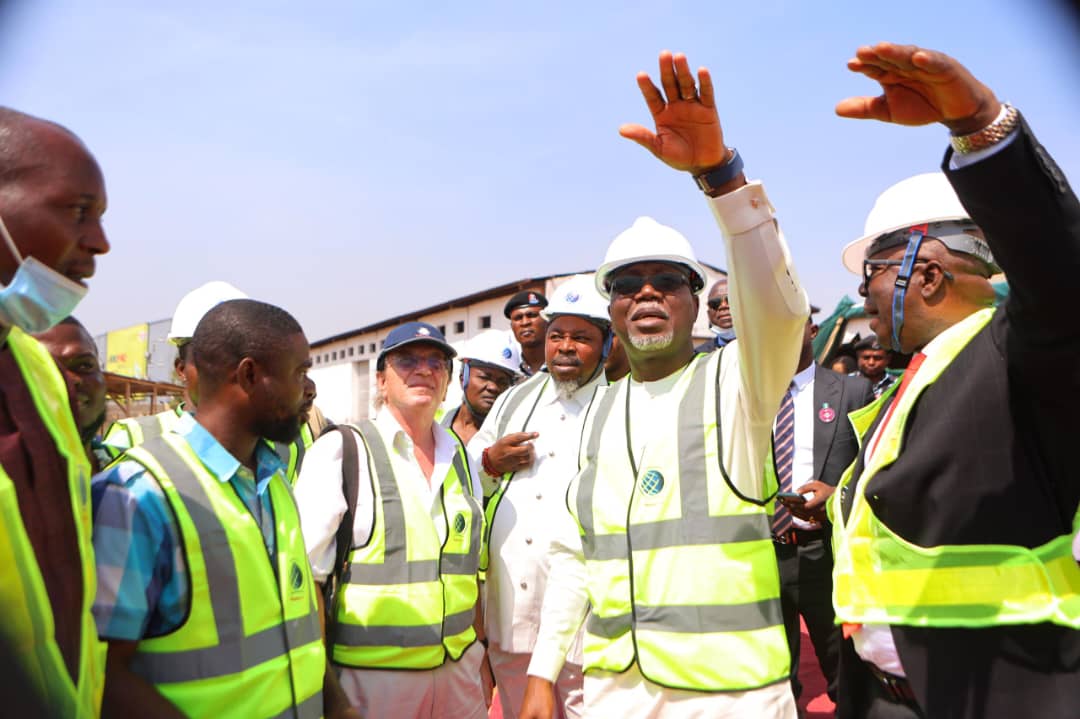
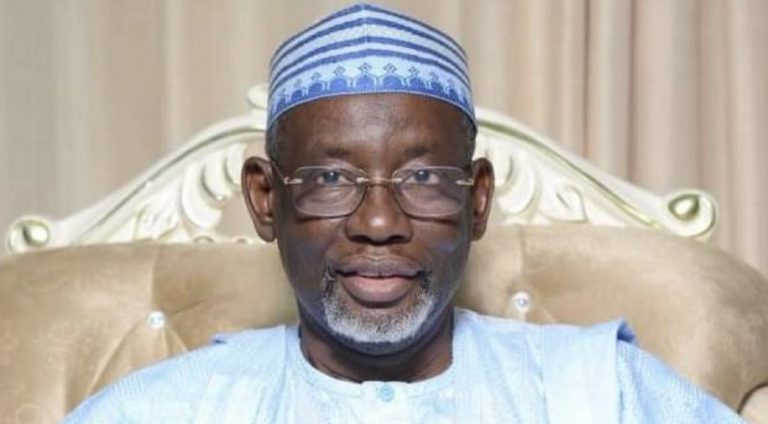
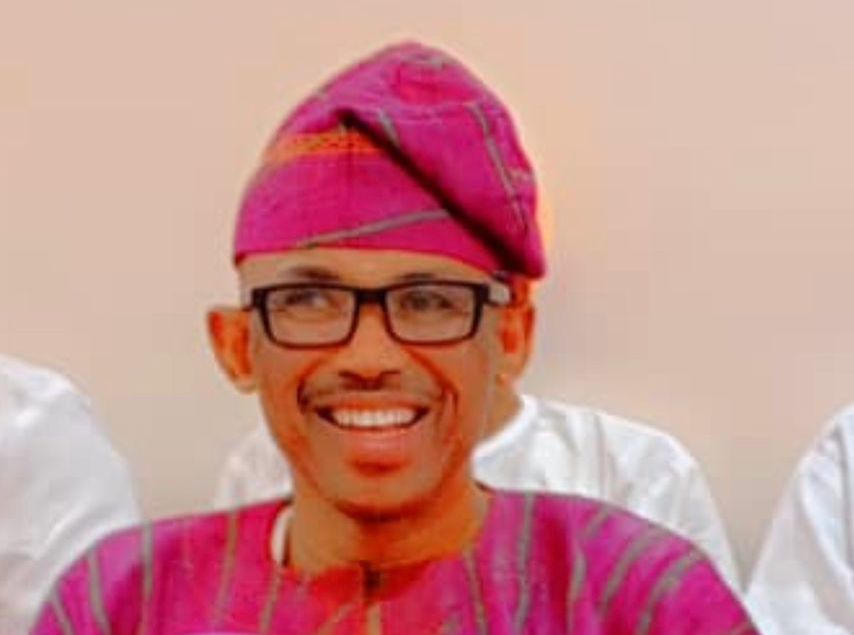
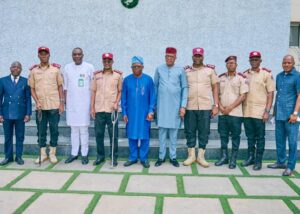
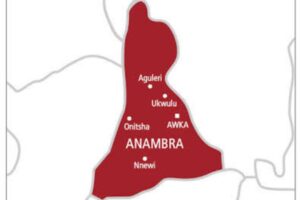



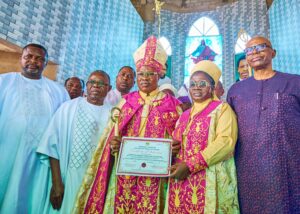

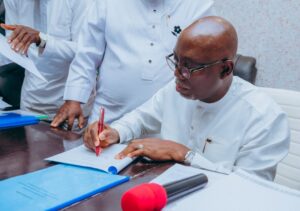

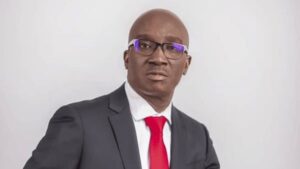
Post Comment